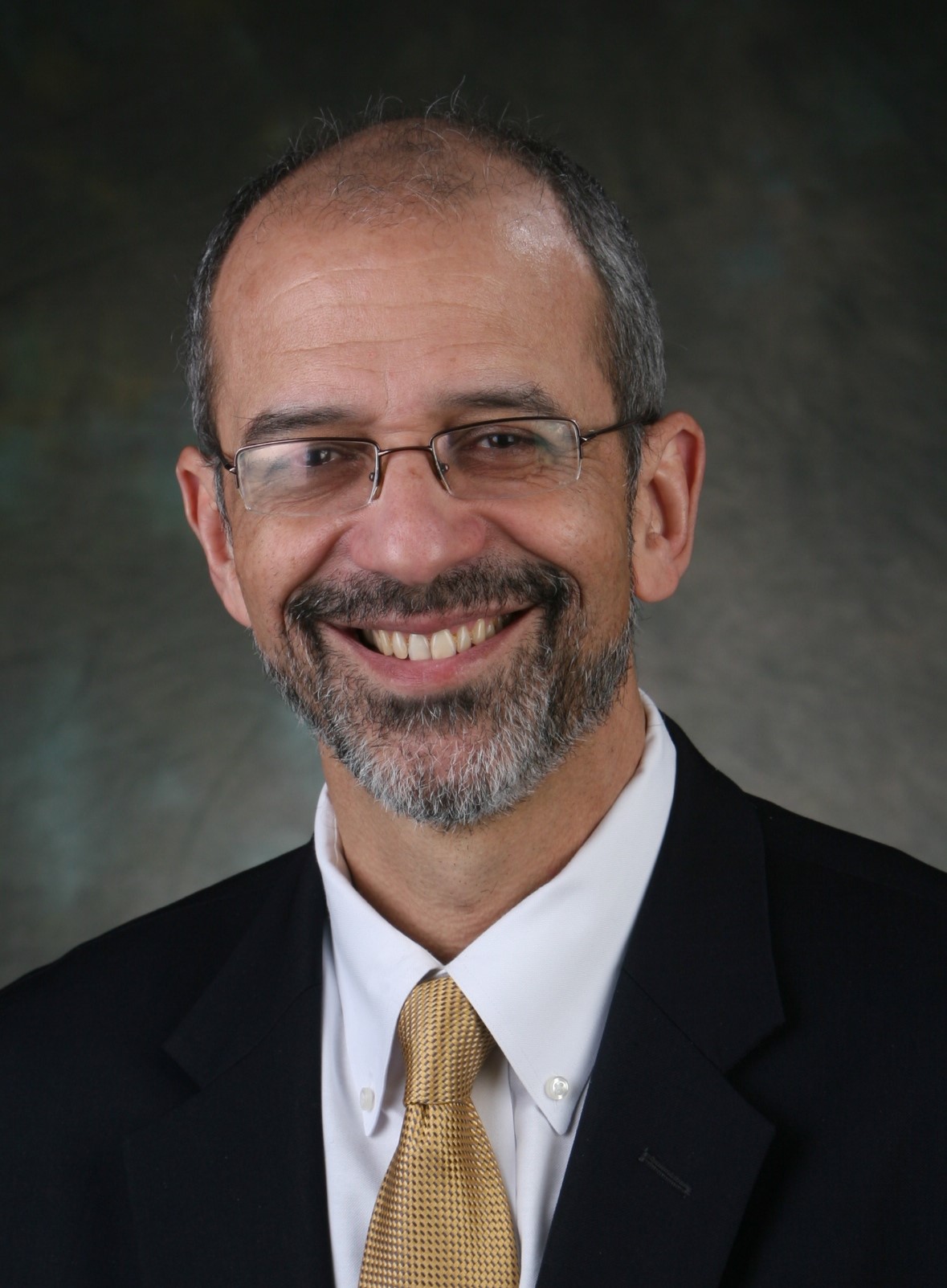Department of Nuclear Engineering

All Events
- This event has passed.
Progress Energy Distinguished Technical Lecture: Hydrogen in Zirconium Alloy Nuclear Fuel Cladding
February 28, 2019 @ 4:00 pm - 5:00 pm
Event Navigation
 Dr. Arthur T. Motta
Dr. Arthur T. Motta
Chair of Nuclear Engineering
Penn State University
Abstract
In face of increasing worldwide demand for electricity generation and the increasing concerns with the contribution of fossil fuel emissions to climate change, nuclear power is again being considered for further development in the US and abroad. New reactor construction is being proposed, using both, evolutionary concepts based on the current fleet of Light Water reactors (LWRs) and advanced reactor concepts. The materials used in these reactors must maintain outstanding performance for years, or even decades, in an extreme environment, in which they are exposed to a combination of high temperature and pressures, aggressive chemistry and a constant fast neutron flux.
As utilities and fuel vendors attempt to push materials to higher temperatures and doses many challenges become apparent, one of the foremost being hydrogen degradation of the nuclear fuel cladding. During reactor exposure the nuclear fuel cladding undergoes corrosion by the high temperature water. The associated hydrogen pickup can lead to hydride formation which can severely impact fuel cladding properties such as strength, ductility, corrosion resistance and fracture toughness. The behavior of hydrogen in the cladding has been the subject of continued study. In addition to the overall hydrogen concentration it is necessary to predict the formation of specific hydride morphologies that impact mechanical properties. Experimental techniques such as synchrotron radiation diffraction and fluorescence can yield unique insights into this phenomenon so that the margins can be evaluated, and mitigating strategies can be devised to allow higher burnup with its associated longer exposures.
We will review these concepts and challenges to implement them as well as the opportunities to use current advances in computational techniques and in experimental tools and techniques to understand these processes in a fundamental manner. We will also review the opportunities for Graduate Study in Nuclear Engineering at Penn State.
Biography
Arthur Motta is the Chair of the Nuclear Engineering Program and a Professor of Nuclear Engineering and Materials Science and Engineering at Penn State University. He holds degrees in Mechanical Engineering and Nuclear Engineering from the Federal University of Rio de Janeiro, Brazil, and a Ph.D. in Nuclear Engineering from the University of California, Berkeley. Before joining the Penn State faculty in 1992, he worked as a research associate for the CEA at the Centre for Nuclear Studies in Grenoble, France, for two years and as a post-doctoral fellow for AECL at Chalk River Laboratories in Canada.
Prof. Motta works in the area of radiation damage and environmental degradation to materials with specific emphasis in Zr alloys, with current projects in the areas of mechanical testing, corrosion and radiation damage. He has special interests in using advanced characterization techniques such as x-ray scattering from synchrotron radiation sources, transmission electron microscopy, and in situ irradiation to discern fundamental mechanisms of corrosion and radiation damage.
Prof. Motta is a Fellow of the American Nuclear Society (ANS) and in 2015 he received the Mishima Award from the ANS for outstanding contributions in research and development work on nuclear fuel and materials. In 2016 he was awarded the ASTM William J. Kroll Medal for sustained impactful contributions to zirconium metallurgy including corrosion, hydriding, mechanical properties and irradiation effects. He is the current Chair of the Nuclear Engineering Department Heads Organization.
Room 1202 Burlington Labs
***This seminar will be streamed live on our NCStateNuclear YouTube channel***
